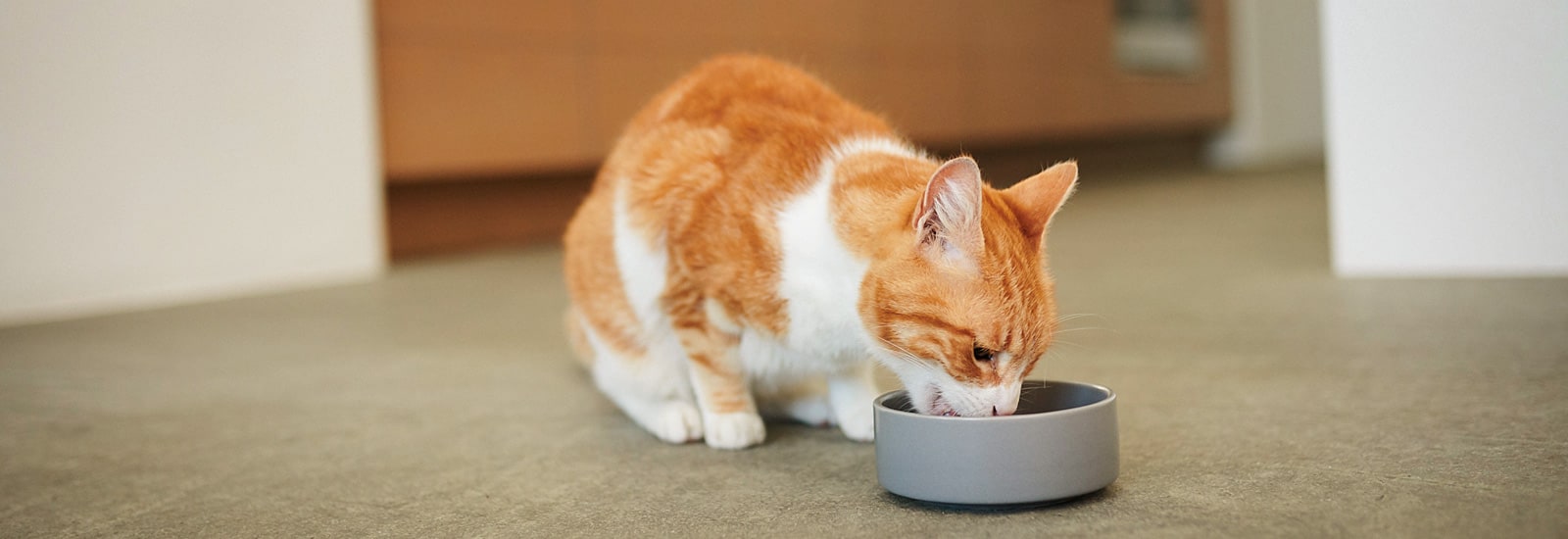Feeding your cat - nutrition tips
A species-appropriate diet has a major impact on a cat's health. Here, we will provide you with a few tips on how to feed your cat properly.
How much food does my cat need?
The daily amount of food required by a cat depends among other things on its age, whether it lives outdoors or indoors, and the cat’s temperament. A very placid cat needs less energy than a cat that is highly agile. In order to determine the correct amount of food for you cat, it is advisable to follow the feeding recommendation on the cat food packaging. It is, however, important to note that this simply represents an average recommended amount. It should therefore be adjusted to suit each individual cat.
Food whenever the cat likes? How often should I feed my cat?
A cat that hunts for its food often eats small amounts more than ten times a day. It would therefore be easy to assume that there is nothing wrong with cats having free access to food throughout the day so that they can help themselves to small portions. Unfortunately, however, this free access to food will lead to obesity in many cats. To allow cats to eat small portions throughout the day at home, combined feeding of wet and dry food is recommended. The cat can be fed with the wet food in the morning and/or the evening, while a measured amount of dry food can be freely available throughout the day. Once the dry food has been eaten, the bowl should not be refilled.
Important when switching pet food
The first change of pet food will often take place when the cat moves into its new home. This changeover should, however, be avoided wherever possible, so that the cat can first get used to its new environment. The food should be switched after one to two weeks at the earliest. No matter what age the cat is, it is best to introduce the changeover as subtly and carefully as possible: A small amount of the new food should be well mixed with the previous food. The proportion should then be gradually increased until finally only the new food is in the bowl.
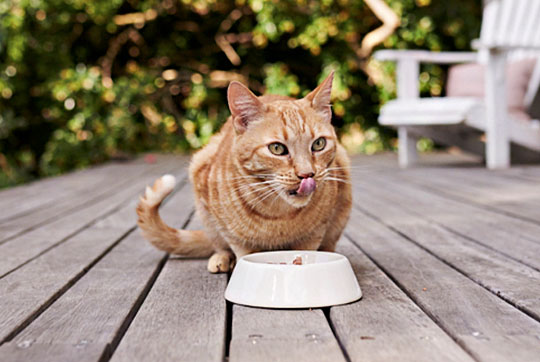
Wet or dry food
A cat's nutritional needs can always be met with wet and dry food. If only dry food is used, care must be taken to ensure that there is an adequate supply of water. Cats were originally desert animals, so they drink very little and obtain a large part of their fluid requirements through what they eat.
Wet food provides optimum support for fluid intake. With dry food, however, this is only possible to a limited extent. To encourage the cat to drink, several bowls of water and/or a drinking fountain in the home are recommended.
Do not feed cats dog food!
Cats should not eat dog food. As strict carnivores, cats place different demands on their food than dogs. For example, cats require more protein than dogs. Cat food also contains the essential taurine, which cats, unlike dogs, are unable to produce in sufficient quantities themselves.
Food aversion
If a cat does not eat its food, there can be a number of reasons, including a food aversion. This can occur if, for example, the cat has been ill and was given a particular food at that time. After the cat has recovered, the negative experience of the illness can be associated with this food, which can mean that the cat will now refuse the food.
Feeding cats properly
Not only the food, but also the environment in which a cat eats is very important. Because cats like to eat in peace, you should place your cat's food bowl in a quiet place. The temperature of the food is also important! The food should always be served at room temperature. Food that is kept in the refrigerator must be taken out in good time before feeding. In addition, you should ensure that you provide your cat with a high-quality complete cat food such as animonda Carny, because this is, among other things, the foundation for a long and healthy cat life.
You may also like this
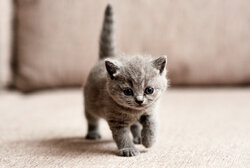
Feeding kittens
Tips on food and a healthy diet
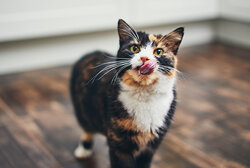
Nutrition for older cats
Nutrition tips for cats from the age of seven
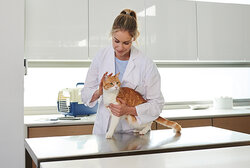
Urinary tract stones in cats
A suitable dietary food can help with urinary tract stones
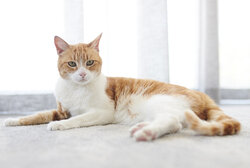
Diarrhoea in cats
Immediate measures and dietary changes in cases of diarrhoea
